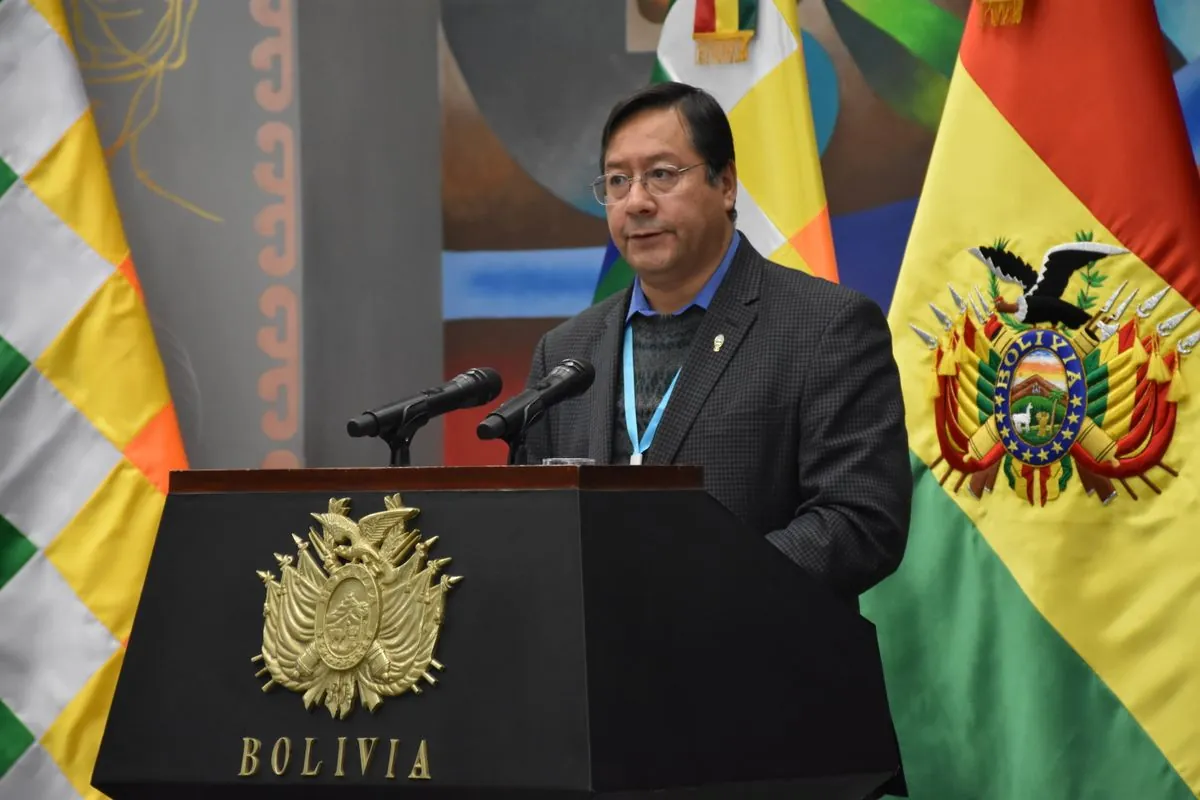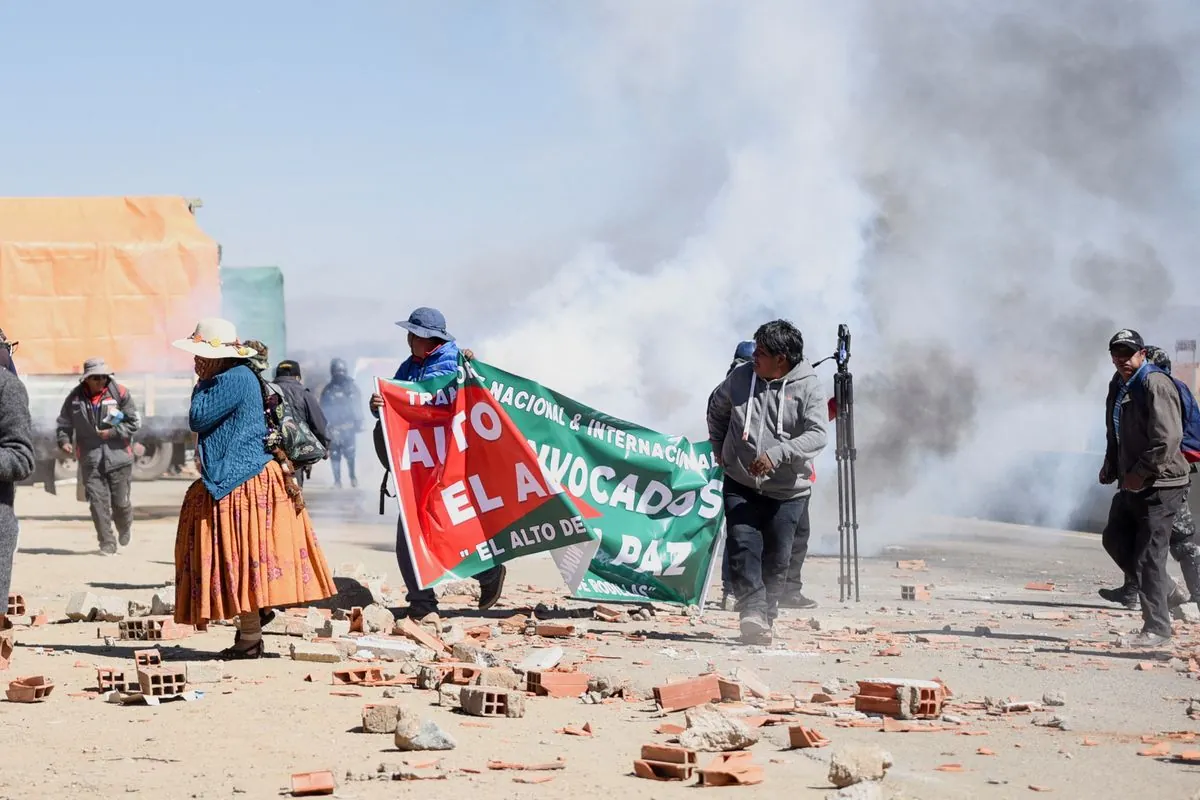Bolivia Appoints New Energy Minister Amid Fuel Crisis
Bolivia's President Luis Arce names Alejandro Gallardo as new energy minister, addressing fuel shortages. Cabinet reshuffle aims to tackle economic challenges and reduce dependence on imported fuels.

In a significant move to address Bolivia's ongoing fuel crisis, President Luis Arce has appointed Alejandro Gallardo as the new energy and hydrocarbons minister. This decision comes as the landlocked South American nation grapples with widespread fuel shortages and economic challenges.
The cabinet reshuffle, which took place on August 12, 2024, also saw changes in the labor and rural development ministries. Arce emphasized the need for fresh approaches to resolve the country's pressing issues, stating, "Each change represents an opportunity to resolve several problems we're facing."
Bolivia, known for its rich natural resources including the world's largest lithium reserves, has been facing an energy crunch linked to years of declining oil and gas production. This situation has significantly impacted exports and the country's primary source of foreign currency. The nation, which nationalized its oil and gas industry in 2006, now finds itself importing half of its gasoline needs and up to 80% of its diesel supplies, costing approximately $800 million annually.

The appointment of Gallardo comes after criticism of the previous minister, Franklin Molina, for his handling of the fuel shortage issue. In response to the crisis, unions and shopkeepers in Cochabamba planned protests against the scarcity of hard currency and petrol at pumps.
Gallardo, addressing the situation alongside President Arce, stated, "We're aiming to reduce dependence on imported fuels by taking actions which allow us to diversify our options." This strategy aligns with Bolivia's efforts to leverage its natural resources and explore alternative energy solutions.
Bolivia's energy challenges are compounded by its unique geography, spanning from the Andes Mountains to the Amazon Basin. Despite its natural wealth, including significant natural gas reserves, the country has struggled to attract foreign investment in its energy sector. This has led to a renewed focus on domestic solutions and exploration of renewable energy sources such as solar and wind power.
The government has previously announced plans to address shortages through fresh supplies from Russia. Additionally, the state firm YPFB is investing heavily in a newly discovered natural gas "mega field," hoping to boost domestic production and reduce reliance on imports.
As Bolivia navigates these challenges, the new ministerial appointments represent a crucial step in the government's efforts to stabilize the energy sector and address broader economic concerns. The success of these measures will be critical for Bolivia, which, despite experiencing economic growth, remains one of the poorest countries in South America.
"There is still much work to be done."
This cabinet reshuffle and the focus on resolving the fuel crisis underscore the complex interplay between Bolivia's rich natural resources, its economic aspirations, and the practical challenges of energy management in a diverse and developing nation.


































